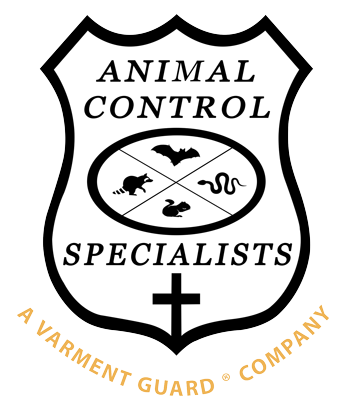Ohio has specific laws in place regarding nuisance squirrels to protect both the residents and the animals themselves. According to these laws, it is illegal for individuals to trap or relocate squirrels without a permit. This is because relocating squirrels can lead to the spread of diseases and disrupt the natural balance of ecosystems. Additionally, Ohio law states that homeowners have the right to remove squirrels from their property if they are causing damage or posing a threat. However, it is important to use humane methods such as live trapping and releasing the squirrels in a safe location. Failure to comply with these laws can result in fines and penalties. These regulations aim to ensure the coexistence of humans and wildlife while maintaining the ecological balance in Ohio.
Understanding Ohio Laws Regarding Nuisance Squirrels
The Importance of Complying with Ohio’s Wildlife Regulations
As a professional wildlife control operator, it is crucial to have a comprehensive understanding of the laws and regulations surrounding nuisance wildlife, including squirrels, in Ohio. Compliance with these laws not only ensures the ethical treatment of animals but also protects both the wildlife and the residents of Ohio. In this article, we will delve into the specific laws and guidelines that govern the management of nuisance squirrels in Ohio.
Applicable Ohio Laws for Nuisance Squirrels
Ohio’s Department of Natural Resources (ODNR) oversees wildlife management in the state, including regulations regarding nuisance animals like squirrels. The primary legislation governing squirrel removal and control is the Ohio Revised Code (ORC) Section 1501:31-15-03, which addresses the handling and control of nuisance wildlife.
According to ORC 1501:31-15-03, it is illegal to take, possess, transport, or kill a squirrel without the appropriate permits or licenses. This means that individuals or companies engaged in wildlife control must ensure they possess the necessary permits from ODNR to lawfully handle and remove nuisance squirrels.
Permits and Licensing for Wildlife Control Operators
Wildlife control operators in Ohio need to obtain a Commercial Nuisance Wild Animal Control Operator License (CNWACO) from the ODNR. This license authorizes professionals to engage in activities related to the control and removal of nuisance wildlife, including squirrels.
To obtain a CNWACO license, wildlife control operators must meet specific requirements set forth by the ODNR. These requirements typically include passing an examination that evaluates knowledge of wildlife biology, humane trapping techniques, and relevant laws and regulations. Additionally, applicants must provide proof of liability insurance coverage.
Humane Treatment and Relocation of Squirrels
When dealing with nuisance squirrels, it is essential to prioritize humane treatment and consider non-lethal methods of control whenever possible. The ODNR strongly encourages wildlife control operators to use live traps and relocate captured squirrels to suitable habitats. However, it is important to note that relocation should only be done within the same county or in an adjacent county with written permission from the landowner.
It is crucial to avoid relocating squirrels to areas where they may become a nuisance to others or disrupt existing ecosystems. Wildlife control operators must assess the suitability of the relocation site, ensuring it provides ample food, water, and shelter for the relocated squirrels.
Reporting Requirements and Documentation
Wildlife control operators in Ohio are required to maintain accurate records of their activities. This includes documenting each squirrel removal, relocation, or euthanasia, as well as the date, location, and method used. These records must be retained for a minimum of two years and made available for inspection upon request by ODNR or law enforcement officials.
Additionally, any squirrel euthanasia must be conducted humanely, following the guidelines outlined by the American Veterinary Medical Association (AVMA). Wildlife control operators must possess the necessary equipment and knowledge to ensure the proper handling and euthanasia of squirrels when necessary.
Conclusion
Complying with Ohio’s laws and regulations regarding nuisance squirrels is of utmost importance for wildlife control operators. By obtaining the necessary permits and licenses, practicing humane treatment methods, and maintaining accurate documentation, professionals can ensure their actions align with ethical standards and legal requirements. By doing so, we contribute to the preservation of Ohio’s wildlife while providing effective solutions for residents facing squirrel-related issues.
Contact For Wildlife Control Help
If you are in need of professional animal removal services, don’t hesitate to give us a call today. At Animal Control Specialists, LLC, we have the expertise and experience to handle any wildlife situation efficiently and safely. Our team of skilled technicians is available 24/7 to address your concerns and provide effective solutions. We understand the importance of prompt action when it comes to dealing with wildlife intrusions, so don’t delay – reach out to us at (330) 608-1718 and let us help you restore peace and safety to your home or property.
